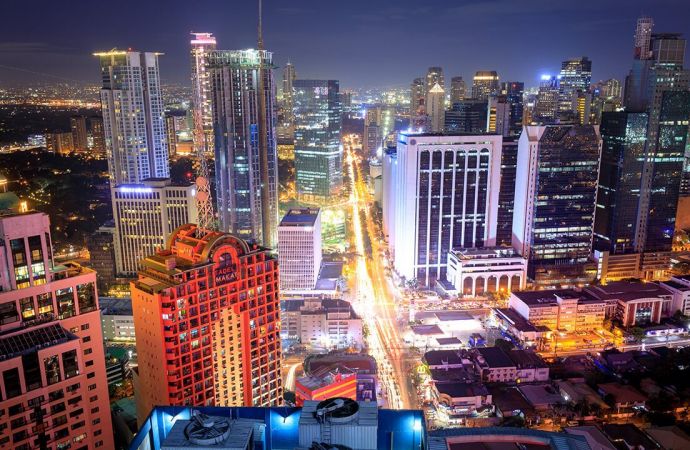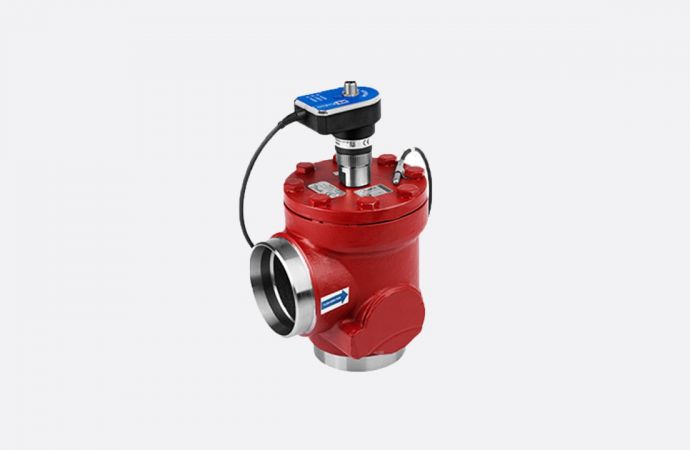The Philippine government has issued an HFC order in preparation for ratification of the Kigali Amendment.

Manila, Philippines © Yooran-Park, 123RF.com
The Philippine government’s Department of Environment and Natural Resources (DENR) recently announced new regulations targeting an 80% reduction in HFC importation and use in the country by 2045.
This puts the Philippines in accordance with a developing country’s obligation under the Montreal Protocol’s Kigali Amendment, which the country is close to ratifying,
On October 13, the DENR officially announced the publication of its DENR Administrative Order No. 2021-31, which states that “by 01 January 2045, imports [of HFCs] shall have been reduced by 80% based on the recorded baseline consumption in CO2 equivalent.”
Baseline consumption is the average production and consumption of HFCs in the Philippines in 2020, 2021 and 2022, plus 65% of HCFC baseline production and consumption, the order states.
To date, regulations in the Philippines have only targeted the phase out of HCFCs under DENR Administrative Order No. 2013-25.
The announcement of the regulations targeting HFCs is part of the Philippine government’s efforts to conclude its ratification of the Kigali Amendment.
According to a presentation by the DENR during an online webinar in June, the process should be nearing its final stages.
The required “Certificate of Concurrences” issued by the Philippine government’s inter-agency technical working group meeting on the Kigali Amendment has been “provided to the DENR Secretary for his endorsement and submission to the Department of Foreign Affairs together with the supporting documents,” said Onofre P. Escota, Project Evaluation and Monitoring Officer for the DENR’s Environmental Management Bureau.
In Escota’s presentation, several natural refrigerants were identified as “available alternatives to HFCs in the Philippines.”
These include isobutane (R600a) for domestic refrigeration, propane (R290) for domestic air-conditioning, transport and commercial refrigeration, ammonia/NH3 (R717) for commercial refrigeration and CO2 (R744) for refrigeration and air conditioning.
Related stories



